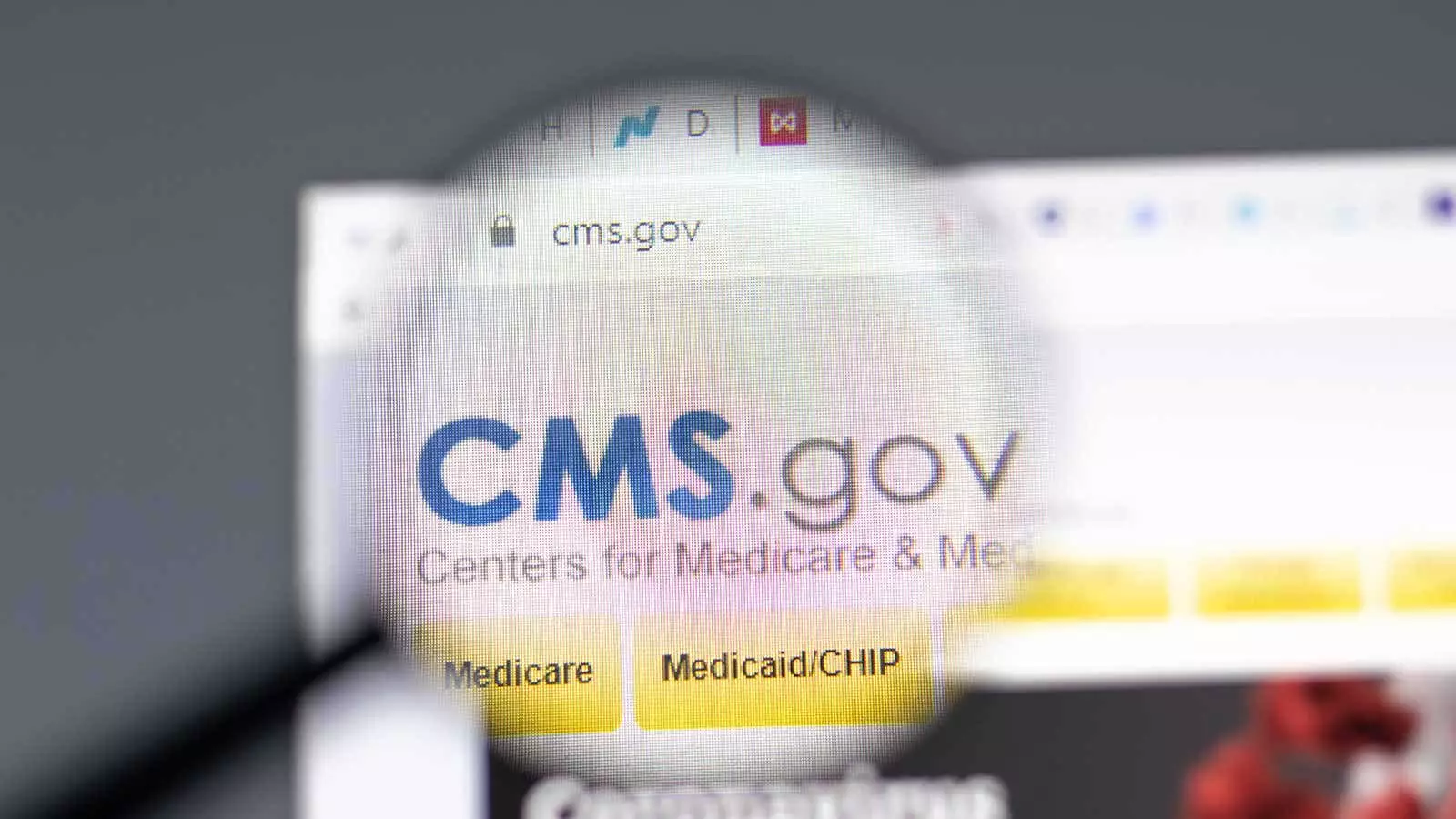The landscape of healthcare access, particularly for Medicare beneficiaries, stands on the brink of significant reform. The recent proposal from the Centers for Medicare & Medicaid Services (CMS) sets a course toward greater transparency in Medicare Advantage (MA) plans, particularly concerning prior authorizations and coverage criteria. The Biden-Harris administration has expressed a commitment to revisiting how these plans operate, particularly focusing on the patient experience when navigating care options. With increasing scrutiny over healthcare access, this proposed adjustment could reshape the way beneficiaries interact with their healthcare providers.
Prior authorization has long been a contentious issue within the healthcare system, particularly in the domain of Medicare Advantage. Meena Seshamani, MD, PhD, the director of the Center for Medicare, emphasized that during their tenure, the administration has diligently worked to reform how these plans wield prior authorization authority to ensure patients receive necessary care. Currently, data indicate that a staggering 80% of denied claims are overturned upon appeal; however, only a mere 4% of these claims are ever contested by beneficiaries. This discrepancy highlights a critical gap: many patients remain unaware of their appeal rights or the processes involved, resulting in delayed or denied access to vital healthcare services.
The proposed changes aim to enhance patient education around these issues, making it imperative for Medicare Advantage plans to clearly outline their prior authorization criteria. This initiative is not just a procedural adjustment, but a significant push towards empowering beneficiaries to advocate for their own healthcare needs.
Transparency within the MA plans is set to undergo significant improvement. The proposed rule mandates that coverage criteria should be publicly available, allowing beneficiaries to understand the prerequisites for receiving care beforehand. By demystifying these processes, the CMS seeks to foster a sense of trust between patients and their plans. Understanding the exact coverage criteria means that beneficiaries will be better equipped to make informed choices about their care, ultimately leading to a more streamlined and patient-friendly healthcare journey.
In addition to prior authorization criteria, the proposed rule also mandates that plans provide clear information on appeal rights. This could potentially transform patient experiences, as beneficiaries will be more confident in pursuing appeals for denied claims—ultimately allowing for more timely and necessary treatment interventions.
Another crucial aspect of the proposed rule revolves around improving the accuracy of provider directories. Seshamani highlighted the challenges faced by seniors when evaluating Medicare coverage options, particularly in locating providers who accept their plan. With increased reporting requirements, Medicare Advantage organizations would be compelled to supply comprehensive provider directories to the CMS. The integration of these directories into the Medicare Plan Finder tool will facilitate better decision-making for beneficiaries, enabling them to assess available healthcare providers and services aligned with their needs.
The goal is clear: to ensure that seniors possess the necessary tools to make informed decisions regarding their healthcare, which can ultimately lead to improved health outcomes.
While the proposed changes receive praise from various stakeholders, notably Senator Ron Wyden (D-Ore.), who highlighted their significance in preserving Medicare guarantees for Americans, the path to implementation remains uncertain. A critical aspect to consider is the political landscape and how future administrations may choose to engage with or modify these proposed regulations.
Regardless of potential political hurdles, the proposed rule signifies a pivotal moment for Medicare beneficiaries. The emphasis on limiting excessive prior authorization, addressing misleading provider networks, and safeguarding against predatory practices by brokers speaks to a broader commitment to fortifying the Medicare Advantage system.
As the healthcare environment continues to evolve, the proposed changes to Medicare Advantage plans could represent a much-needed shift toward enhancing patient access and care quality. By prioritizing transparency and patient empowerment, the CMS is taking notable steps that could reshape the healthcare experience for millions of Americans. With the deadline for public comment approaching, it will be crucial for stakeholders and beneficiaries alike to engage with these proposals, ensuring that the reforms ultimately serve the best interests of the communities they aim to protect.


Leave a Reply